Motherhood
The app that gives new mums the breastfeeding support that they need

As LatchAid raises £1m to grow its breastfeeding app, Dr Chen Mao Davies tells FemTech World how the company aims to support new mums on their journey.
With an app that can show you everything you need to know, teaching new mums practical skills to help them breastfeed has never been easier.
LatchAid is an app that uses 3D interactive technology and artificial intelligence to help expectant and new mothers intuitively learn breastfeeding skills and fight loneliness, postnatal depression and physical pain.
The app connects mothers to peer-to-peer support groups, live experts and an AI-powered virtual supporter chatbot that can provide personalised expertise and companionship.
Its founder, Dr Chen Mao Davies, who previously worked on Oscar & BAFTA award-winning visual effects, says that that the app came almost naturally after she struggled herself with breastfeeding.
“I didn’t think breastfeeding would be difficult,” she admits. “But when you don’t understand how to do, it can be very difficult. I just felt like a failure because I couldn’t feed my own baby and I developed postnatal depression.”
What struck Dr Mao Davies the most was the contrast between how she imagined breastfeeding before having her first child and how challenging it actually was. “I felt that there was just not enough support out there and breastfeeding services shouldn’t be a postcode lottery.
“The moment I felt like I couldn’t take it anymore was when I was told to give up and switch to formula milk. That made me feel angry.
“So, I started to think about what could help me with breastfeeding and how that could help other women learn to breastfeed before they even have a baby. There are not many good videos and visual guides online at all. I thought maybe I could work on visual effects and build virtual humans to demonstrate how to breastfeed.”

Dr Chen Mao Davies, founder of LatchAid
She launched LatchAid, hoping to help new mothers with what seems to be a very common issue. “We have done multiple surveys in the UK and across Europe and every country struggles with this this huge, enormous gap,” the founder says. “That made me feel even more determined to solve this problem and make a change.”
She believes that the lack of support and funding in this sector lead to many women giving up breastfeeding before they wanted to.
“At Latch Aid, we never say that women should breastfeed and if they don’t breastfeed is bad. We support any kind of methods and if you want to choose formula feed, it’s absolutely fine. What we want, is to be there for them and provide 24/7 support to help them achieve their feeding goals.”
LatchAid’s £1m funding raise has come from a number of sources – a mix of innovation loans from Innovate UK, a convertible loan note from the KQ Labs accelerator programme and equity investment from expert business angel investors.
“It is a huge achievement for me,” says Dr Mao Davies. “When I started, I didn’t even think I could raise £300,000. Now that I can see the funding coming through, all these things affirmed my understanding of the problem I’m solving and also the ability to deliver for the future.”

Funds from this round will be used to augment the technical and commercial teams and to expand the company’s B2B offerings to healthcare organisations as a licensed prescription app, to corporates for employee benefit schemes, and to insurance companies for health insurance packages.
Although the app has seen mixed reviews, Dr Mao Davies says that the impact that it had in some cases was remarkable. A single mum from one of the most deprived areas of England had used the app and she managed to breastfeed her baby.
“Breastfeeding is beautiful, beneficial, and convenient,” the femtech founder believes. “And it gives your baby the best antibodies. The really amazing thing I’d like to show is how this single mum succeeded. She might be the only mum in her local area who has done this, but now she can show other mums that they can do it too.
“Many women like her don’t feel like they can fit in [breastfeeding support groups]. These groups are often full of well-educated, middle class women and for a single mum, attending these sessions could be embarrassing,” Dr Mao Davies continues.
“That’s why we are very passionate about the equity of support. We try to make the app very gender-inclusive and 22 per cent of our pilot users are from deprived areas. So, we’re really trying to make sure that everybody has the same chance to give their baby the best start in their life using breastfeeding and breast milk.”
LatchAid currently offers 24/7 digital support to users in 86 countries and is available to download on the App Store. The company has recently completed a successful pilot with 12 NHS trusts and the HCRG Group across the UK and is hoping that the app will be prescribed within the national health system in the future.
“We would like to extend globally as much as possible and our vision is to become the global market leader for breastfeeding and early parenthood support,” Dr Mao Davies adds. “But we would also like to broaden our offering in the future, so that it will include pregnancy and the first two years after the baby’s born.
“Our grand mission is to empower every mother to give their child the best starting life wherever they are.”
For more information, visit latchaid.com.
Fertility
Health Secretary announces inquiry into Leeds maternity services
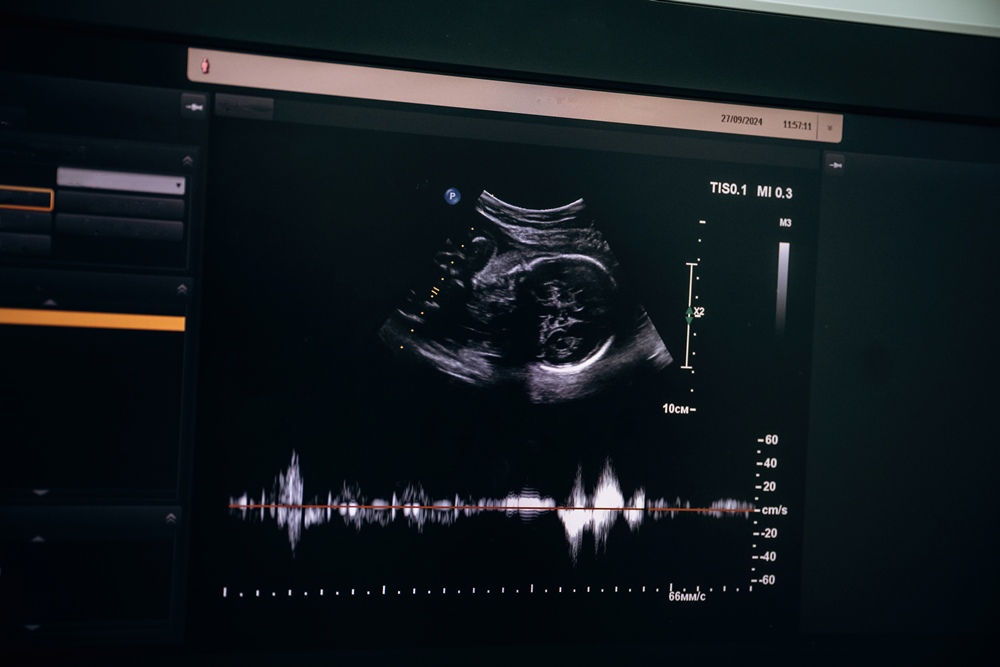
An independent inquiry will be launched into Leeds maternity services following a parent-led campaign over care failures stretching back 14 years.
Health secretary Wes Streeting said he was deeply concerned about problems at Leeds Teaching Hospitals NHS Trust, calling it “a real outlier” for perinatal mortality — deaths around the time of birth — compared with other hospitals nationally.
The announcement follows maternity services at the trust being rated “inadequate” after an unannounced Care Quality Commission inspection in December and January.
A subsequent NHS England report raised “significant” concerns about safety and quality of care.
After meeting affected parents in the city, Streeting said the trust — which runs maternity units at Leeds General Infirmary and St James’s Hospital — required scrutiny similar to the ongoing Nottingham maternity inquiry.
“I’ve decided that we need a Nottingham-style independent inquiry into what’s going on with maternity and neonatal services in Leeds,” he said.
“I think we need clear answers, accountability and improvement… I do think we need that independent look, not just for what’s happening now but stretching back to historic cases as well.”
The Nottingham review — the largest maternity inquiry of its kind — has examined hundreds of baby deaths and injuries at Nottingham University Hospitals.
It has led to the NHS paying out tens of millions of pounds for claims dating back to 2006 and prompted a police investigation, with findings expected next year.
Dozens of baby deaths in Leeds in recent years are thought to have been preventable.
Families affected by avoidable deaths of babies or mothers have long campaigned for an independent investigation.
Streeting has already commissioned a national review of NHS maternity services but said Leeds was an “exceptional case” that warranted its own inquiry.
“I don’t want to drown the NHS across the country in a whole series of local reviews into what I think is a national problem,” he said.
“But I have been persuaded, having been to Leeds recently to listen to families and look at the data.
“Given the challenges still evident — not least from the most recent Care Quality Commission inspection — and Leeds’s scale as one of the largest teaching hospitals in Europe, I think all of those things point to Leeds as an exceptional case for this kind of inquiry.”
He said details of the inquiry’s scope would be announced soon.
“I’ll proceed without fear or favour. If there are individuals who need to be held to account, I will ensure accountability.
“Where systemic improvements are needed, I will make sure they happen, and that’s why I believe this specific investigation is necessary.”
Campaigners welcomed the decision, describing the current system as “rotten”.
Fiona Wisner-Ramm and Daniel Ramm, whose daughter Aliona died 27 minutes after birth in 2020 following what an inquest described as “gross failures” in care, have been among those leading the campaign.
“This means that Leeds Teaching Hospitals NHS Trust will now be properly investigated, allowing for meaningful changes to its culture and practices,” they said in a statement.
“We hope that this inquiry will finally break the cycle of repeated errors and inadequate leadership, helping to prevent further deaths and injuries to mothers and babies.”
News
Protective immune cells in breastfeeding women guard against breast cancer, research finds

Women who breastfeed develop protective immune cells that help guard against breast cancer, with effects lasting for more than 30 years, new research shows.
The study found that specialised T-cells — immune cells that fight disease — remain in breast tissue long after pregnancy and provide lasting protection, particularly against triple-negative breast cancer, one of the most aggressive forms.
Observations dating back to the 18th century, when physicians noticed nuns had some of the highest rates of breast cancer, first hinted that childbearing and breastfeeding could protect against the disease.
Modern research has confirmed this link, though the biological explanation was unclear.
Professor Sherene Loi is senior author and clinician scientist at the Peter MacCallum Cancer Centre.
The researcher said: “The key take-home messages are that pregnancy and breastfeeding will leave behind long-lived protective immune cells in the breast and the body, and these cells help to reduce risk and improve defence against breast cancer, particularly triple-negative breast cancer, but potentially other cancers as well as disease.”
Researchers from the Peter MacCallum Cancer Centre in Melbourne studied non-cancerous breast tissue from more than 260 women who had undergone breast reduction or preventive surgery.
They found that women who had given birth had more specialised immune cells called CD8⁺ T-cells — part of the adaptive immune system that targets specific threats, including cancer.
The team then tested whether these cells directly provided protection.
In mice, cancer cells implanted into breast tissue grew less in those that had pups and breastfed compared with those that had not. When the researchers removed the T-cells from the nursing mice, the protective effect disappeared.
The researchers also analysed data from more than 1,000 breast cancer patients diagnosed after childbirth with available breastfeeding records.
Women who had breastfed had better outcomes from triple-negative breast cancer than those who had not. Their tumours also contained more immune cells, suggesting ongoing immune activity against the cancer.
The study provides an explanation for why breastfeeding appears protective, and the findings could help inform new strategies for women unable to have children or breastfeed.
Understanding the underlying biology may aid development of vaccines or therapies that mimic this natural defence.
Professor Loi said: “The effects are really quite small for every individual, but population-wide the effects are large.”
She stressed that breastfeeding does not guarantee protection against breast cancer, noting it is “not a 100 per cent guarantee that they won’t get breast cancer.”
The study also explored why some breast cancers contain high numbers of specialised immune cells while others do not.
Patients with more of these cells generally had better outcomes, particularly with triple-negative breast cancer.
Professor Loi explained that T-cells react not only to viruses or bacteria but also to cancer, describing this response as “one of our very modern therapeutic weapons against cancer.”
Associate Professor Wendy Ingman from the University of Adelaide’s Medical School said longer breastfeeding duration provided greater benefits.
Each year of breastfeeding is linked to a 4 per cent lifetime reduction in the mother’s breast cancer risk.
“This study shows that having babies and breastfeeding causes long-lasting changes in immune cells that could help protect the breast from cancer,” Ingman said.
“I’m hopeful that this type of research will lead to new approaches to reduce women’s breast cancer risk.”
Motherhood
Psilocybin may make postpartum depression worse, study finds

Psilocybin may heighten anxiety and depression in new mothers rather than help treat postpartum mental health conditions, research suggests.
Scientists found that giving mouse mothers the psychedelic drug – the active compound in magic mushrooms – increased anxiety and depressive-like behaviour linked to perinatal mood disorders, which are mental health conditions that can develop during or after pregnancy.
The results challenge assumptions about psilocybin’s therapeutic use, indicating it may not be suitable for all patient groups.
David E. Olson, director of the IPN and professor of chemistry, biochemistry and molecular medicine at UC Davis, said: “The IPN has done a lot of work demonstrating that a single dose of a psychedelic can lead to long-lasting, beneficial effects.
“But it’s a little more nuanced than that in terms of who can really benefit and who might be at risk.
“There are different patient populations.”
Researchers at the University of California, Davis Institute for Psychedelics and Neurotherapeutics tested the drug in a mouse model of postpartum depression.
In this model, mothers could escape into a separate cage, mimicking the infant avoidance seen in human postpartum depression.
The negative effects persisted for two weeks after a single dose.
More concerning, pups raised by psilocybin-treated mothers also showed anxiety and depression-like symptoms into adulthood, suggesting harmful effects were passed on through lactation and altered brain development.
Co-author Danielle Stolzenberg, associate professor of psychology at UC Davis, said: “One of the things that’s discussed consistently in the clinical literature is that mums often feel like they have trouble bonding with their infants when they’re experiencing depressive symptoms.
“The mouse mums in the social stress paradigm spend significantly more time in the cage without the pups.
“They will often run back and forth to check on them but tend to actively avoid their infants for long periods of time.”
The team had expected positive results given psilocybin’s reported benefits for other mental health conditions.
“Psilocybin was of such interest for us because it’s been demonstrated to be useful across a whole host of mental disorders, including addressing anxiety and depression,” said first author Cassandra Hatzipantelis, a postdoctoral fellow at the IPN.
“We thought it could have the ability to address things that go wrong in postpartum depression, like the parent-infant connection.”
Instead, the mouse mothers continued to avoid their offspring and showed persistent symptoms even after separation.
Psilocybin-treated mice were also at higher risk of behavioural impairments and depressive-like symptoms.
Nine weeks after weaning, both male and female offspring showed heightened anxiety and depression compared with control groups.
Their brains also contained traces of psilocin, the metabolite produced when the body processes psilocybin.
“We now know that even low doses of exposure can impact offspring for long periods of time,” Stolzenberg said.
“These could be really important therapeutics, but we also realise they have limitations, and we have to conduct rigorous science to understand what those limitations are,” Olson added.
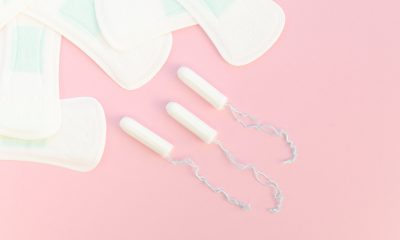
 Diagnosis20 hours ago
Diagnosis20 hours agoDozens of women report suffering painful burns after using Always sanitary towels
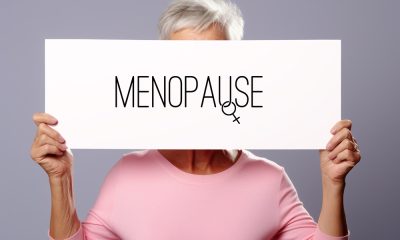
 Opinion2 weeks ago
Opinion2 weeks agoFDA plans to revise black box warning on menopause hormone therapies

 Entrepreneur2 weeks ago
Entrepreneur2 weeks agoAI-powered women’s health companion Nexus launches in UK
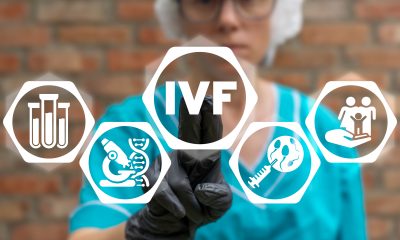
 News2 weeks ago
News2 weeks agoScientists turn human skin cells into eggs in IVF breakthrough
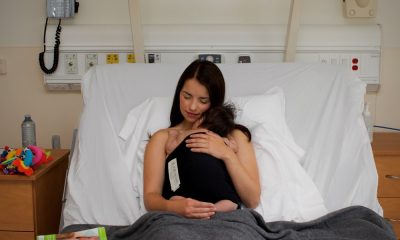
 News7 days ago
News7 days agoWomen’s health innovations recognised in TIME’s Best Inventions 2025

 Wellness2 weeks ago
Wellness2 weeks agoDaily pill could delay menopause ‘by years,’ study finds

 News2 weeks ago
News2 weeks agoAncient herb to modern must-have: Why ashwagandha is capturing UK women’s attention
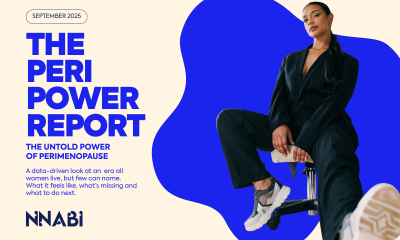
 Menopause3 weeks ago
Menopause3 weeks agoNew report exposes perimenopause as biggest blind spot in women’s health
















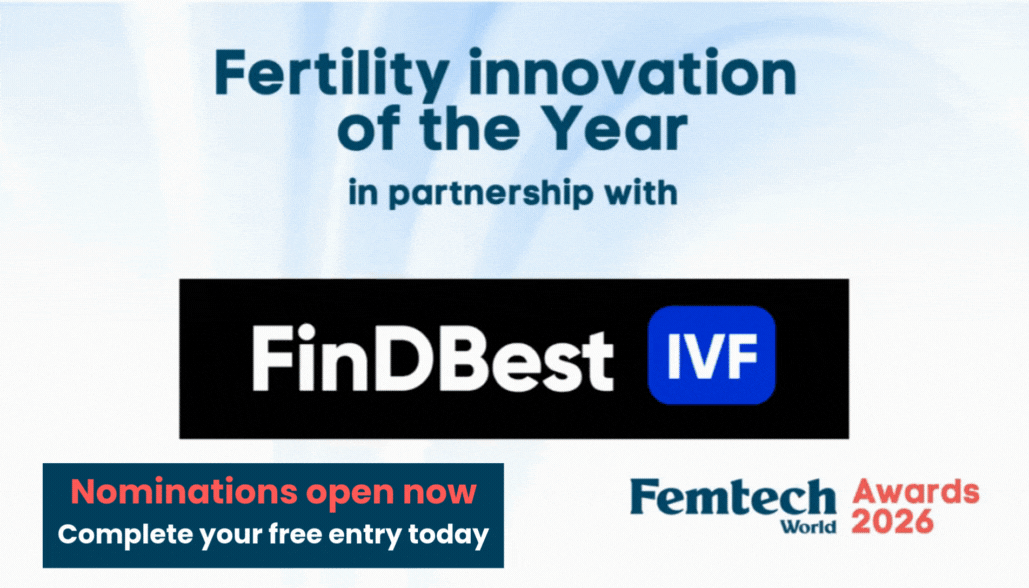
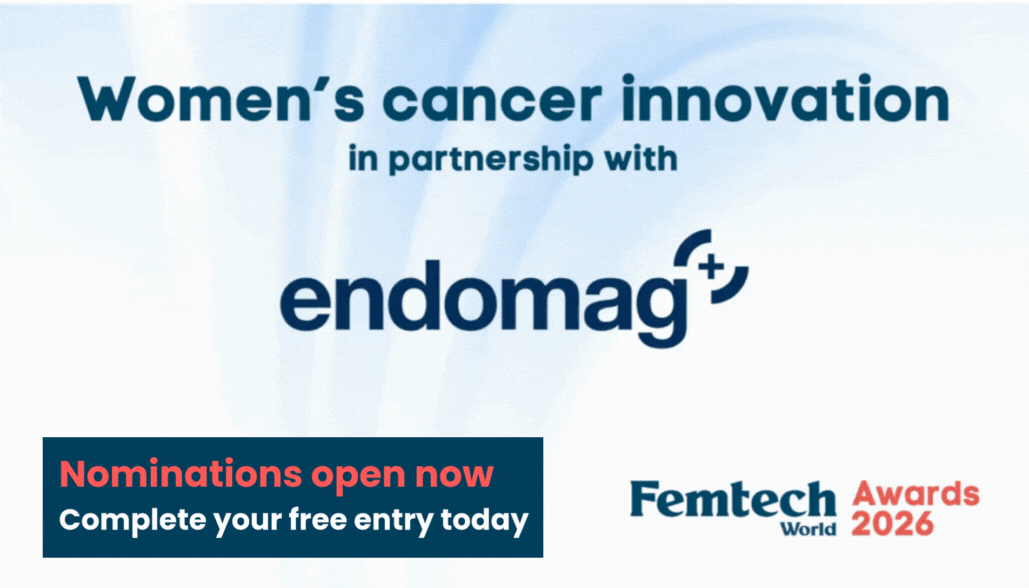










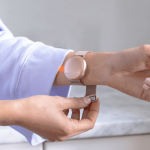

Pingback: Neonatal care company Neotech Products acquires breastfeeding assistance device - FemTech World
Pingback: LatchAid rebrands to become Anya - Meet Anya. A new parenting and feeding support app incorporating LatchAid our revolutionary 3D breastfeeding technology. #AskAnya anything about your early parenthood journey. Together we nurture.